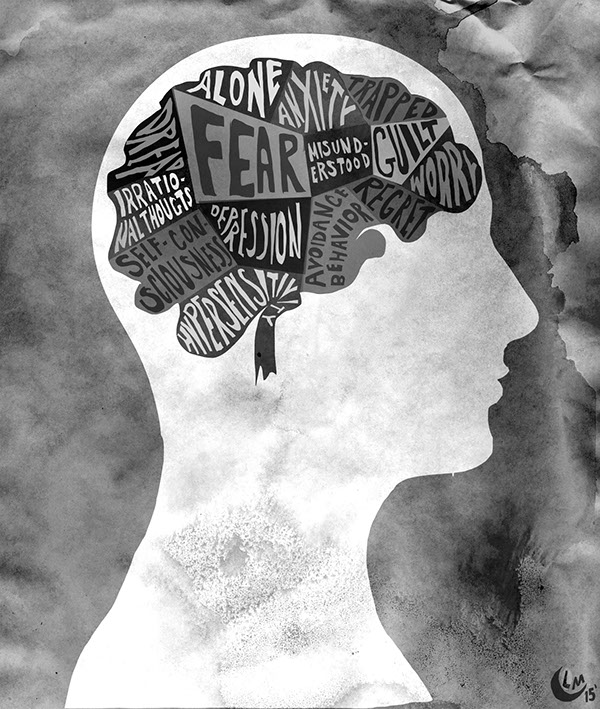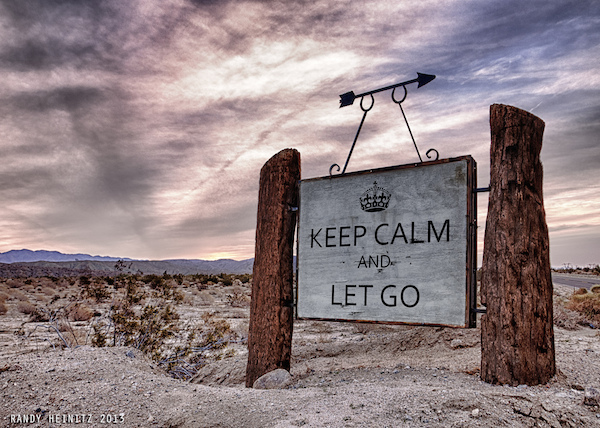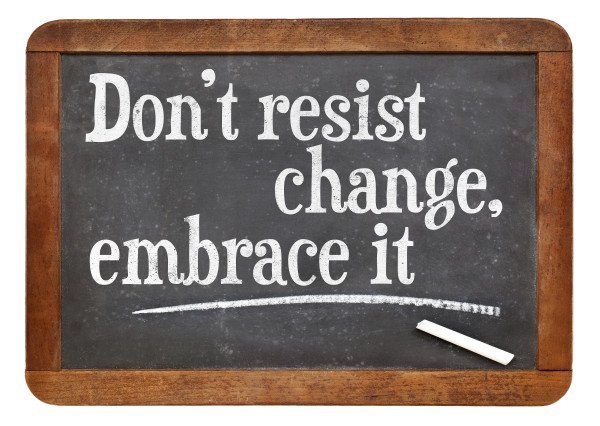Our decisions navigate us through our lives. This blog post isn’t intended to be a comprehensive explanation about decision making (it can be quite an in-depth discussion… power of experiences, language, cognitive processing, interpersonal dynamics, emotional state, etc…), neither is it a guide for how to make better decisions. I simply want to offer some thoughts about what I see as some of the reasons that decision-making can feel hard or even painful at times, and why some of us avoid or delay making decisions or get paralyzed in the process.
Either/Or Perspective
There may be times when a decision is a clear choice between two different things, but often what happens is we create an either/or split in our minds when making a decision, particularly when we’re anxious. At a very early stage of life (as small infants) we were overwhelmed with intense anxiety and frustration (being hungry and tired) then developed protective mechanisms, a main one being the behavior of splitting experiences into good or bad. Check out a prior post on how splitting plays a role in our adult relationships. This stage never leaves us and in times of stress and high anxiety we tend to return to this position (paranoid-schizoid). When we’re in this state of mind we return to defences such as polarizing. Of course, this does nothing to help our anxiety, instead this kind of stark splitting generally makes decisions harder to make.
Loss
Some decisions are easier than others. Usually this is either because they don’t have a significant role in shaping our future, or they are reversible or repeatable. Generally, these decisions don’t put us in touching distance of our intense feelings about loss. In particular, life decisions stir up intense feelings of loss. It becomes evident (even if not cognitively) that the choice to say ‘Yes’ to one thing, inevitably leads to saying ‘No’ to something else. The older we get the more our lives narrow in direction and focus as we need to accept saying ‘No’ to some things that are beyond our control. This comes with a growing awareness of our own mortality.
How painful and paralyzing the loss of ‘other’ life choices is, will partly depend on our relationship with loss and how well we are able to tolerate the feelings stirred up by it.
Regret
Our decisions are our responsibility. We can all look back on certain choices we’ve made in our lives and wish we had made a different choice. Bound up with our feelings about this is our relationship to regret. Regret can be a very frightening prospect for some people. This is because of the way they might punish themselves if they feel they’ve made a mistake or got something wrong. This penchant for punishing is likely to be the way in which we were treated by caregivers for making mistakes. This self-punishing part of us is commonly called the Super-Ego based on Freud’s work. The severity and consistency that we feel punished or even tormented by our Super-Ego will affect how frightening it can feel to us. That fear might generate so much anxiety about making mistakes that it can paralyze us from making even the smallest decisions.
Conclusion
It’s important to remember that we are making decisions all the time, often without thinking about it. Some decisions are obviously more significant than others and need to be considered more carefully. This process can be painful as it means taking responsibility for our choices and sometimes accepting losses. As difficult as it can be to avoid reflexive anxiety in cases of important decisions, it’s important to recognize the power it has to cause us to polarise our options with either/or thinking or attack ourselves with our regrets about past choices.
If you, or someone you know, would like help with processing anxious reactions to decision-making, consider contacting me at (717) 288-5064 / gregghammond@restoringbalancelancaster.com and schedule an appointment today.
















